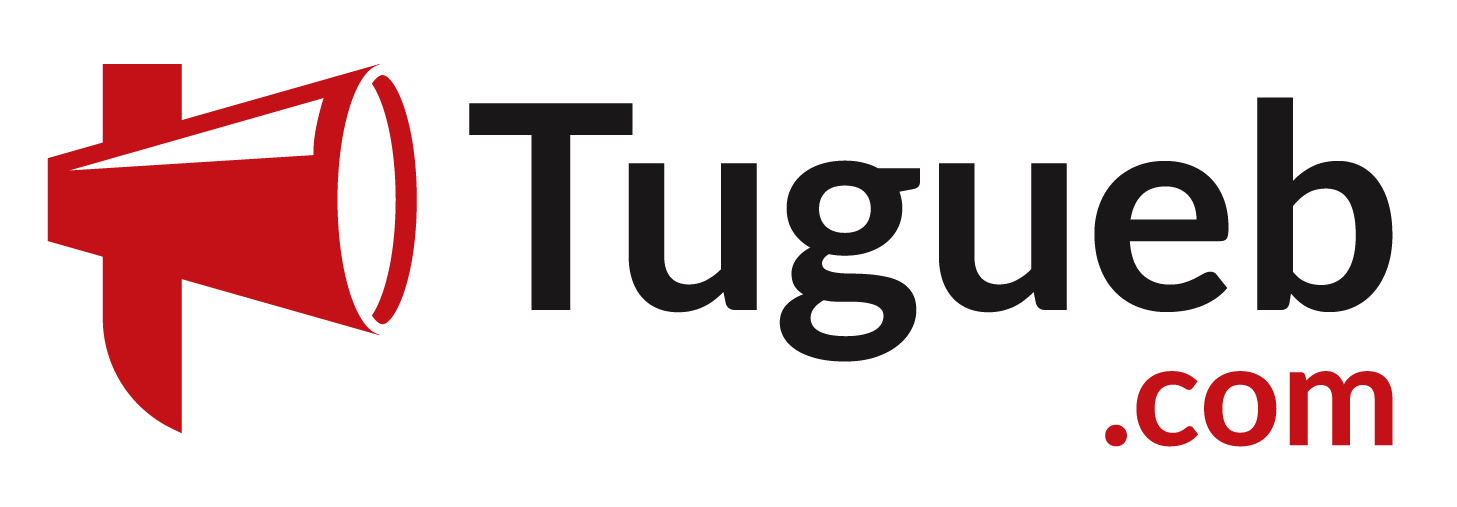Everybody makes mistakes, but business slips are more costly than others. A wrong decision can push your venture off the cliff. Adjust your attitude and prevent making the same errors as others. Don’t let your business become a part of that 80 % that fail in the first 18 months.
In this day and age is easy to discover what other entrepreneurs do, and to learn from their mistakes. People share both their triumphs and their crashes. Successful business owners write books about their journeys and share decades of learning and striving.
If you have decided to do business, you have decided to succeed.
Let’s see what mistakes are too common to repeat in your entrepreneurial journey.
Letting Fear Be The Decision-Maker
Fear makes us jump to quickly or stand still for too long. It directly affects how you treat the growth potential of your company.
Many people would say that the constant decision making is the hardest part of entrepreneurship. Sometimes we just want to be given a schedule and to be able to relax in our routine.
Strategy, goals, vision. Without them, your company loses course. But when fear of failure is the compass needle, your nightmares are more likely to come true.
Put more emphasis on your fear by including the “worst case scenarios” in your strategy. Even though you can’t predict the future, you can make sure your decisions are rational.
When you think about all the bad things that could happen you also think about their respective solutions. Whether it’s downsizing or something else, managing your fear will help you go through any situation.
Pushing or Delaying Growth
It’s great to have more publicity and having your marketing efforts pay off, but if your foundations are shaky, it will soon backfire on you. What good does a successful PR campaign do if you can’t keep up with the increased demand?
Hiring new employees and then failing to transform them into productive assistants is wasted money. Build your company’s core systems for growth. Think ahead. You want to be able to welcome extra work without falling apart.
Understand what parts of the workload can you delegate to someone else to sustain new customers without burning out. What does the potential hiree need? Spend your free time preparing educational materials and SOPs (standard operating procedures) that your team members would use.
Likewise, don’t delay hiring someone when you get new clients and hinder growth. Hire slow and fire fast stands ground but follow the natural order of things.
If you cannot adjust your budget to hire top talent, then alter your processes so that the different levels of employees can handle them.
Not Being Flexible Enough
Flexibility is the strength of every small business. The owner must recognize the need for change but he also must take action.
Whether it means correcting price, having a flexible workforce or changing your marketing message, the ability to change course quickly can save you from a disastrous outcome.
“Flexibility in a stem makes the tree stand in the storm. Flexibility in behavior makes a human win hearts”
When you invest a lot of resources into an idea that’s not working, it’s hard to stop or let it go. But think of it this way—if you are piloting an airplane and one engine shuts down, you will do what you can to get out alive with those that are still operating.
Making your business model more agile will bolster growth and allow necessary pivots when the time comes. Use technology to do that, and you can start by moving your collaboration to the cloud, enabling outsourcing a part of the work, and hiring freelancers.
Not Learning From Others
It doesn’t matter if you don’t know the best way to do something, you’ll easily find out someone has already done it. Borrowing ideas is a common practice in business, and we have seen many cases of it.
Successful leaders are self-made because they never stop learning. By looking at yourself and the people surrounding you, you will find there is always something to learn.
You can find lessons for success in:
- Business movies (such as “The Founder”)
- Business books (such as “Business Adventures” by John Brooks)
- Serial Entrepreneur Podcasts (such as “Growth Now Movement” by Justin Schenck)
- Interviews ( start with the “Top 100” )
- Business blogs (Google is your oyster)
- Meetups and Conferences (it also matters who you know)
Take every opportunity to broaden your knowledge and your perspective, and keep an open mind. In the end, it’s the way we use what’s available that counts most.
The road to success is a bumpy one. A million things can go wrong. And a million will.
Whether you make a bad choice in hiring, marketing or management-they all reflect on your company’s cash flow. However, setting goals with flexible trajectories and putting profit above all will keep your head and your business in the game for a long time.
























